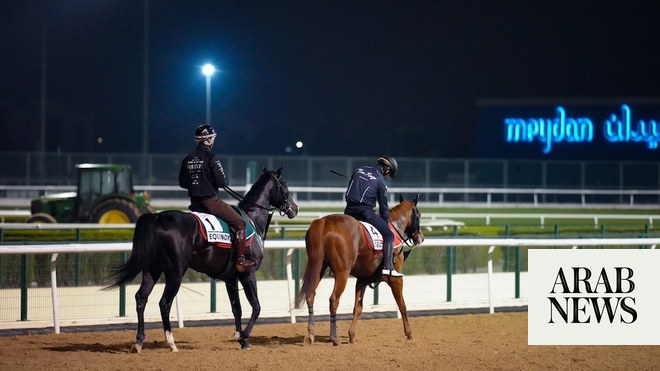
Parliament speaker focused on renewing his term while Lebanon races against ‘big collapse,’ national bloc says
BEIRUT: The dollar exchange rate continued its fall on the black market in Lebanon on Saturday, recording 27,650 pounds against the dollar, a drop of 11,000 pounds in less than 18 hours.
The drop was a way of easing people’s anger and calming the markets a few days before the newly elected parliament convenes on Tuesday to elect a speaker, a deputy speaker and the parliamentary committees.
The Lebanese National Bloc said that Parliament Speaker Nabih Berri was focused on renewing his term, while the country was racing against what it termed as “a big collapse” and the health sector was warning of the imminent collapse of hospitals.
Berri is expected to win reelection for the sixth time, despite opposition from Christian parties and opposition parliamentary blocs.
Berri should receive around 60 votes from members of his bloc, Hezbollah’s deputies and his allies’ deputies, far less than the 98 votes out of 128 he obtained in the previous parliament.
One political observer said that the position of deputy speaker, which is reserved for an Orthodox deputy, had almost been secured for MP Elias Bou Saab from the Free Patriotic Movement bloc, although the bloc refuses to vote for Berri as speaker.
On Friday, the dollar exchange rate exceeded 38,000 pounds, creating unprecedented chaos in all sectors and leading to popular anger.
The dollar rate started to decrease rapidly after central bank governor Riad Salameh announced on Friday that individuals and institutions are able buy dollars from banks at the Sayrafa rate on a daily basis.
Commercial markets witnessed a state of shock on Saturday. Some shops stopped selling goods as they waited to see if the dollar rate would stabilize at the beginning of next week.
An employee in a private company said that she converted her LBP salary when the dollar rate was at its peak on Friday, fearing that it might lose more of its value if she kept the sum in Lebanese pounds.
However, the significant drop of the exchange rate by 10,000 Lebanese pounds on Friday night shocked her, as the value of her salary significantly depreciated.
Finance Minister Youssef Khalil estimated the black market exchange volume at $5 million per day.
The trading volume on the Sayrafa platform exceeds tens of millions of dollars per day, he said.
“This means that the incontrollable increase of the dollar rate is not normal, which supports the hypothesis that some people would create this exchange rate gap and are responsible for the high black-market exchange rate for political and commercial reasons or to create panic in markets.”
Economic expert Walid Abou Sleiman said that the central bank was intervening in the market to absorb the money supply in Lebanese pounds to prevent speculation and to reduce the margin in the financial market — namely the Sayrafa platform — where the rate exceeded 12,000 Lebanese pounds.
This procedure might be temporary, and contributes to the decrease of the dollar rate, he said, but added: “What matters is sustainability.”
Abou Sleiman said that “combating speculation does not happen through these procedures, but through a central platform that limits the trading for purchases and sales.”
The central bank governor has asked banks to keep their branches and funds open until 6 p.m. for three consecutive days from Monday to meet citizens’ requests to buy dollars at the Sayrafa price.
The governor’s circulars are postponing the “explosion for a few days,” the Lebanese National Bloc pointed out.
The bloc believes that the “collapse scenario could have been avoided if the needed reforms to restructure debt and the banking sector had been applied, in addition to taking the necessary decisions to unify the exchange rate and strengthen the administrative and judicial surveillance.”
The bloc also believed it could have also been avoided if Prime Minister Najib Mikati’s Cabinet had not waited until its last session to propose its financial rescue plan in an attempt to circumvent the people and the international community, when throughout its mandate, it was busy protecting cartels and bankers.
“The solution is to elect the parliament bodies and committees within the next week and start the electoral consultations to form a rescue government that does not adopt sectarian allocation,” it said.
It called for implementing the financial reforms requested by the IMF and the formulation of an integrated plan to strengthen the economy.












